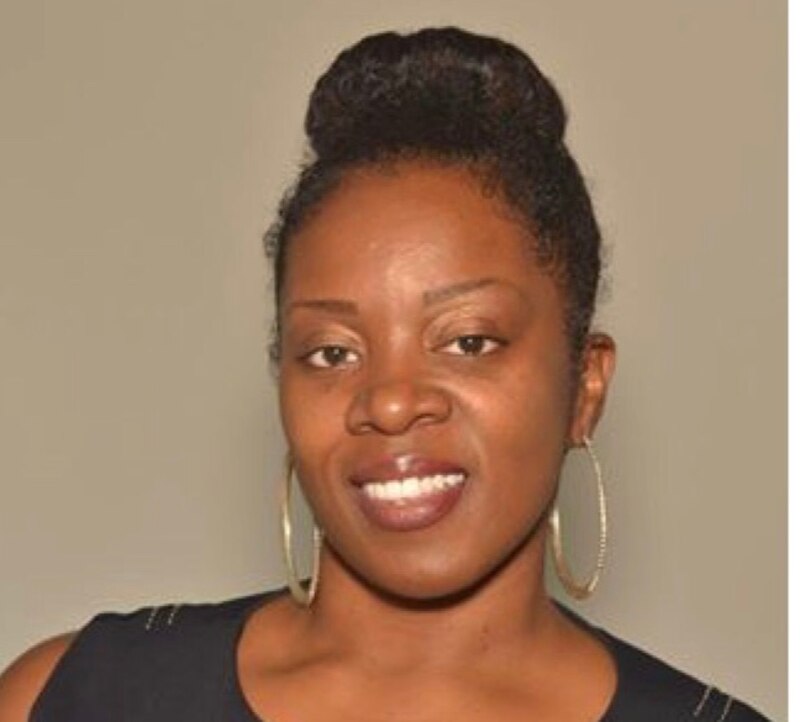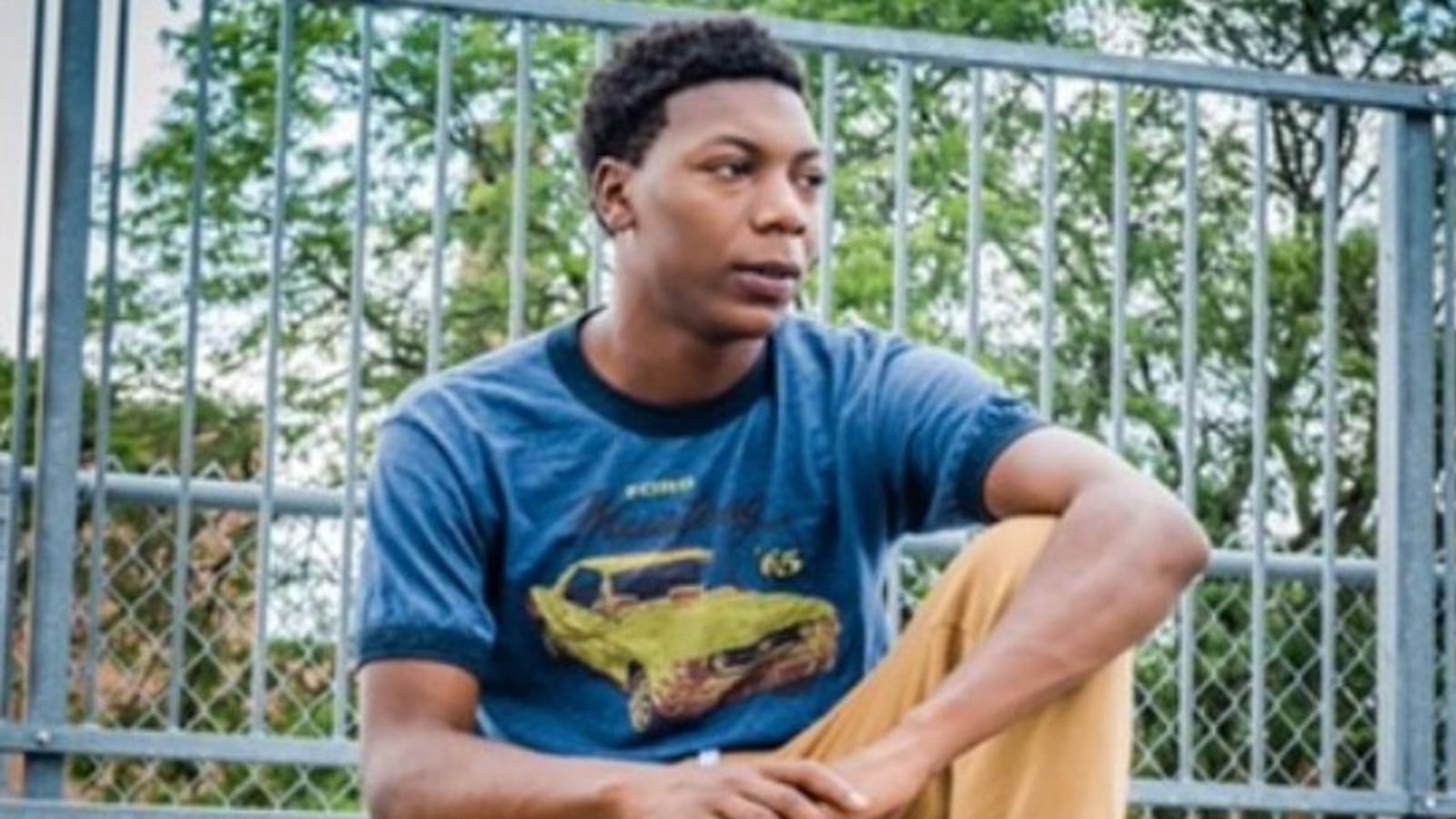At Detroit’s Osborn High School, Jammaria Hall often endured classrooms without qualified teachers, books, or enough desks and chairs. He shivered in his coat when the boiler was broken, scorched in warm months, and watched vermin scurry about the building in a school district the state controlled for most of his K-12 education.
Now, Hall is struggling academically as a freshman at Tallahassee Community College in Florida. He takes remedial classes to improve his reading, learn to construct sentences and strengthen basic math skills. He eventually hopes to transfer to nearby Florida A&M University, but for now the aspiring financial planner is working hard just to catch up.
“I was cheated,” the 18-year-old native Detroiter said of his education in the city’s district schools. “So I’m behind. I knew that coming down here. I knew it was going to be about getting help, learning and catching up.”
Eighteen months ago, Hall joined with six other students, parents and teachers to file a federal lawsuit accusing the state of Michigan of failing to provide students access to literacy.
The case could have long-term and sweeping implications for schools across the nation because if plaintiffs here can prove their constitutional right to literacy, students across the country could follow with similar suits. In August, U.S. District Judge Stephen J. Murphy said in court he would decide in 30 days or more whether the 136-page complaint has enough merit to continue. Seven months later, plaintiffs, their supporters and the districts are still waiting.
While the case sits in legal limbo, lawsuit plaintiffs like Hall have moved on to new, equally challenging chapters of their lives while Detroit’s schools — despite attention from a new superintendent and school board — remain among the nation’s most challenged.
The lawsuit is just as relevant today as it was when it was filed in September 2016, said Mark Rosenbaum, a Los Angeles-based attorney representing the plaintiffs.
“The students are still suffering big time from the conditions of their education prior to the filing of the lawsuit despite the bright, energetic, committed superintendent and school board,” he said. “The conditions on the ground have not changed … It’s a direct result of failure in the way the state ran the school district and the failure to provide these young people with the opportunities they deserve.”
He points to Hall as an example.
“Jammaria is going to succeed,” Rosenbaum said. “He’s already succeeded in life, but it’s clear he’s at a material disadvantage compared to other students who had an elementary and high school education appropriate to their desire and intelligence.”
Many Detroit graduates have similar struggles, he added.
“They have not developed foundational skills they should have. My sense of the schools today? We’ve had significant improvement. There is an extraordinary superintendent who’s clearly committed to these young people and realizes the importance of literacy, but the state put these students in a deep and wide hole. You don’t climb out of it without the basic resources to get them what they’ve been missing.”
The state, which declined to comment on the ongoing litigation, argues it can’t be held responsible for literacy in Detroit. Plaintiffs allege the state ran the city’s main district for much of the last two decades, and created school funding and other policies that led to dysfunction in district and charter schools.
In its motion to dismiss the case, the state wrote: “While pointing the finger at Defendants, Plaintiffs ignore many other factors that contribute to illiteracy, such as poverty, parental involvement (or lack thereof), medical problems, intellectual limitations, domestic violence, trauma, and other numerous influences.”
Rosenbaum said he has heard nothing further regarding the case, but added Murphy doesn’t have a reputation for intentionally delaying cases. The plaintiffs and other interested parties are anxious to hear something from the judge who essentially is being asked to decide whether literacy is a constitutional right. If Murphy allows the unprecedented case to continue, some believe it could go as far as the U.S. Supreme Court because it seeks several guarantees of equal access to education, including screening, intervention, and a statewide accountability system.
A major factor of the condition of Detroit’s school system is the district was under some form of state control for much of the last 20 years. A series of state-appointed emergency managers in the main district shuttered scores of schools, forcing some students to travel far from their homes. Many teachers quit or walked out in protest as their pay was cut and their schools deteriorated.
The state took over 15 district schools in 2012 for a state-run recovery district that it then disbanded five years later, while state policy encouraged the rapid expansion of charter schools. Critics say the city’s nearly 100 charter schools have exacerbated problems in the district without creating many high-quality options for children.
With new Superintendent Nikolai Vitti taking over the district last fall along with a newly elected school board that assumed duties at the top of 2017, Shalon Miller, a resource teacher at Cody Medicine and Community Health Academy, a plaintiff in the suit, said some conditions have improved—but not enough.

“It doesn’t erase more than a decade of mistreatment of these students in Detroit,” Miller said. “There are a lot of students who didn’t have certified teachers before them for more than a year. You have substitute teacher before you in elementary, middle and high school and you wonder why they are behind.”
The lawsuit “should still hold the state of Michigan accountable on their experiment of black and brown children,” said Miller, who is also a mother, nurse, union leader, and senior sponsor. “It was an experiment, and it failed. You can’t get that time back.”
Conditions remain poor at Cody, Miller said. While some roof repairs have been made, it still leaks and buckets dot hallways on rainy days. Some classes still don’t have teachers. Recruited by the Detroit Public Schools 17 years ago at historically black Kentucky State University, Miller, who hails from Toledo, said the situation is painful.
“It hurts me to see children of color, children that look like myself, children that look like my niece, my nephew, children that look like my family being so disenfranchised,” she said. “I don’t understand why it doesn’t hurt more people.”
Miller believes the impact on the lives of these children may have devastating long-term emotional effects.
“A lot of students already come to school with trust issues. If you have adults that are supposed to be stable, and you’re supposed to have stability at school, what are we doing to these kids?
“School is supposed to be a beacon, a refuge, and it’s not happening. That’s why I feel this lawsuit is so, so important, and why it can change the game — not just in Detroit schools, but in Chicago, Philadelphia, Oakland and all major urban centers having the same problem. It’s a systemic problem, and the lawsuit can right these wrongs.”
For Hall’s good friend, Micah Paul, an Osborn senior, it’s painful to attend school each day. But Paul, who wants to become a plaintiff in the lawsuit, said he tries not to think about it and works to keep a positive attitude.
He’s keenly aware of his environment — mold on the ceiling from a leaking roof, no books to take home to do homework and having to look up lessons on his iPhone 5. If he can, he gets water from a gallon container in his counselor’s office because he refuses to drink from water fountains with lead discovered in the pipes. If he can’t, he remains thirsty or high-tails it to a nearby store for a few sips of bottled water.
He’s fortunate; he has some internet access. Many students can’t even access a cell phone with wi-fi to manage homework.
“It puts them in a hole,” said Paul, who’s studying marketing and earning college credits in a dual program through Wayne County Community College and Wayne State University.
“This is about privilege. I’m not going to say this is white supremacy, but I feel our education should be equal and fair. We should get the same access to education as other students. They get better books, better learning conditions and better everything. For real, for real better. A better education than someone in the city would. But it is what it is.”

